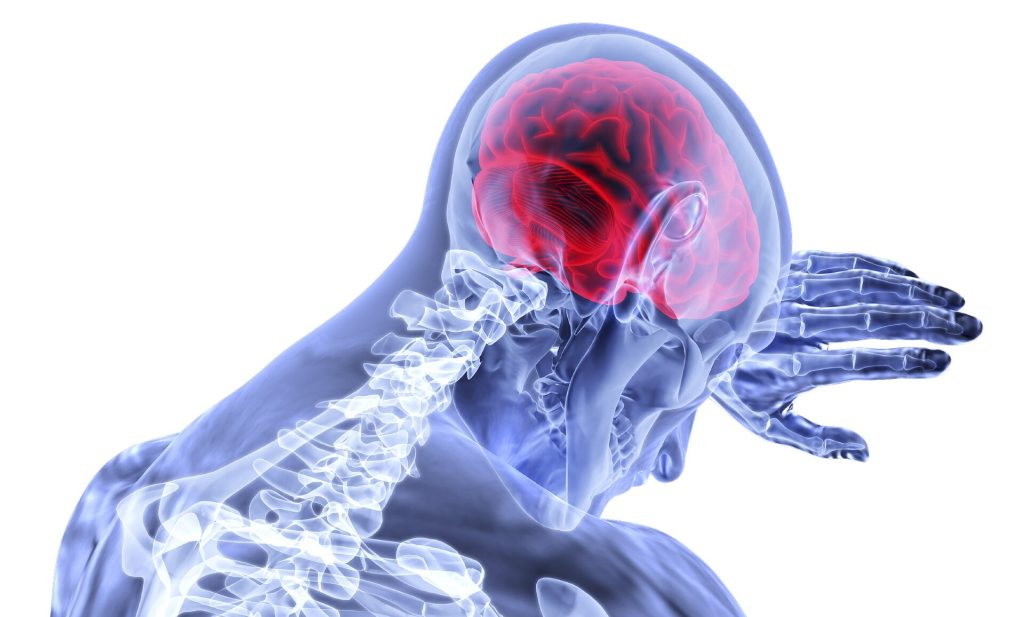
Selective serotonin reuptake inhibitors (SSRIs) normally take a few weeks before any improvements manifest, but the reasons why it takes so long have remained unclear since their first introduction 50 years ago. Now, new research provides the first human evidence that this is due to physical changes in the brain, which leads to greater brain plasticity developing over the first few weeks of SSRI intake. This may also begin to explain one of the mechanisms of how antidepressants work.
This work is presented at the ECNP conference in Barcelona, and also has been accepted in a peer-reviewed journal.
Clinician have long been puzzled as to why SSRIs take a relatively long time before having an effect. Researchers in Copenhagen, Innsbruck, and University of Cambridge have undertaken a randomised, double-blind placebo-controlled study in a group of healthy volunteers which shows a gradual difference in how many nerve cell connections (synapses) the brain cells have between those taking the antidepressants and a control group, depending on how long the treatment lasts.
In the study, 17 volunteers were given a 20mg daily dose of the SSRI escitalopram, with 15 volunteers given a placebo. Between three and five weeks after starting the trial, their brains were scanned with a PET (Positron Emission Tomography) scanner, which showed the amount of synaptic vesicle glycoprotein 2A in the brain: this is an indicator of the presence of synapses, so the more of the protein is found in an area, the more synapses are present in that area (ie, greater synaptic density). These scans showed significant between-group differences in how the synapse density evolved over time.
Researcher Professor Gitte Knudsen (of Copenhagen University Hospital) said:
“We found that with those taking the SSRI, over time there was a gradual increase in synapses in the neocortex and the hippocampus of the brain, compared to those taking placebo. We did not see any effect in those taking placebo.”
The neocortex, which takes up around half of the brain’s volume, deals with higher functions, such as sensory perception, emotion, and cognition. The hippocampus, which is found deep in the brain, handles functions of memory and learning.
Professor Knudsen continued, “This points towards two main conclusions. Firstly, it indicates that SSRIs increase synaptic density in the brain areas critically involved in depression. This would go some way to indicating that the synaptic density in the brain may be involved in how these antidepressants function, which would give us a target for developing novel drugs against depression. The second point is that our data suggest that synapses build up over a period of weeks, which would explain why the effects of these drugs take time to kick in.
Commenting, Professor David Nutt (Imperial College, London) said “The delay in therapeutic action of antidepressants has been a puzzle to psychiatrists ever since they were first discerned over 50 years ago. So these new data in humans that uses cutting edge brain imaging to demonstrate an increase in brain connections developing over the period that the depression lifts are very exciting. Also they provide more evidence enhancing serotonin function in the brain can have enduring health benefits.”
This is an independent comment, Professor Nutt was not involved in this work..
Source: EurekAlert!

